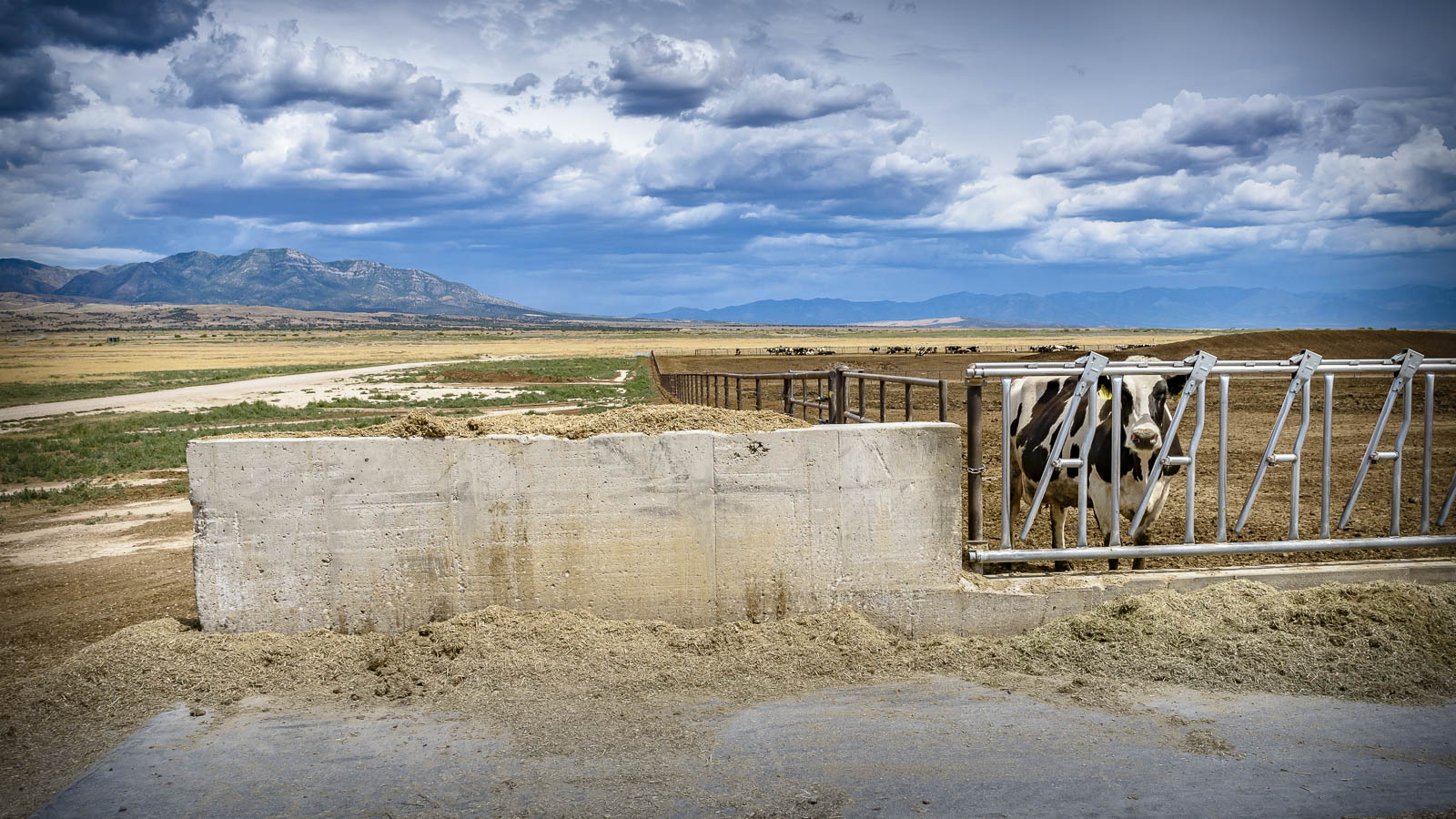In my last article on mental health I talked about the depression and mental health condition of Dairy Farmers. Another interesting thing is that it bleeds over to the professions that serve them.
Since I am a veterinarian, I feel free to talk about it to my profession. Truth is that I have had colleagues that have committed suicide. Here is a quote from an article from a Dr. Cook from Texas A&M.
Dr. Cook points to a number of factors for why veterinary professionals are at higher risk for suicide: “I think that many veterinarians have very high expectations for themselves and are not used to struggling or feeling inadequate, in either professional or personal situations,” she says. “So, a series of bad outcomes with patients or problems with a personal relationship can seem overwhelming and are taken to mean that one is somehow ‘not good enough.’ Combine that mindset with money worries, fatigue and easy access to drugs and you have a potentially lethal situation.”
In the Summer Veterinarian Nurse Magazine you find the following:
- A study about how female veterinarians were 2.4 times as likely as the general U.S. population to commit suicide, and that the rate for male veterinary technicians was five times higher. Among male veterinarians and female veterinary technicians, the rates were 1.6 and 2.3 times greater, respectively.
This is the first study that also considered suicide rates among veterinary technicians.
- Witte’s study builds upon previous studies, such as a 2018 study from the CDC, which show suicide rates among those in the veterinary profession were significantly higher than for the general U.S. population. She hopes the results of her study will lead to improved administrative controls for pentobarbital access, raise awareness of the issue and ultimately decrease the number of suicides.
What can we do?
What we need to do is first be aware for Compassion Fatigue.
Dr. Charles Figley of Tulane Traumatology Institute describes Compassion Fatigue as the following:
Compassion Fatigue is a state experienced by those helping people or animals in distress; it is an extreme state of tension and preoccupation with the suffering of those being helped to the degree that it can create a secondary traumatic stress for the helper.
Signs of Compassion Fatigue are the same as those for depression:
- Exhaustion
- Reduced ability to feel sympathy and empathy
- Anger and irritability
- Increased use of alcohol and drugs.
- Dread of working with certain patients or clients
- Diminished sense of enjoyment of the career.
- Disruption of world view, Heightened anxiety or irrational fears.
After being aware of ourselves and colleagues, we then need the courage to reach out and communicate with them.
Listen, engage them in meaningful conversations, and then encourage them to seek help to find enjoyment in what they are doing.
...I find laughing at myself and clients is also helpful
This post is part 2 of a 2-part series on Mental Health.
To be notified immediately when the other articles are published, subscribe and choose immediate notifications.


